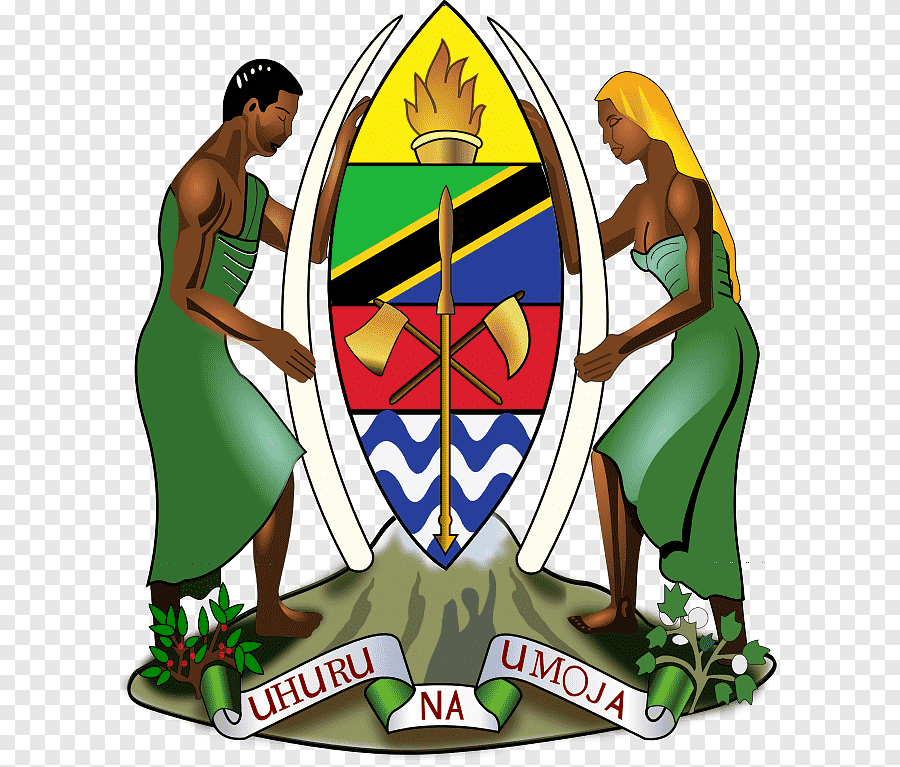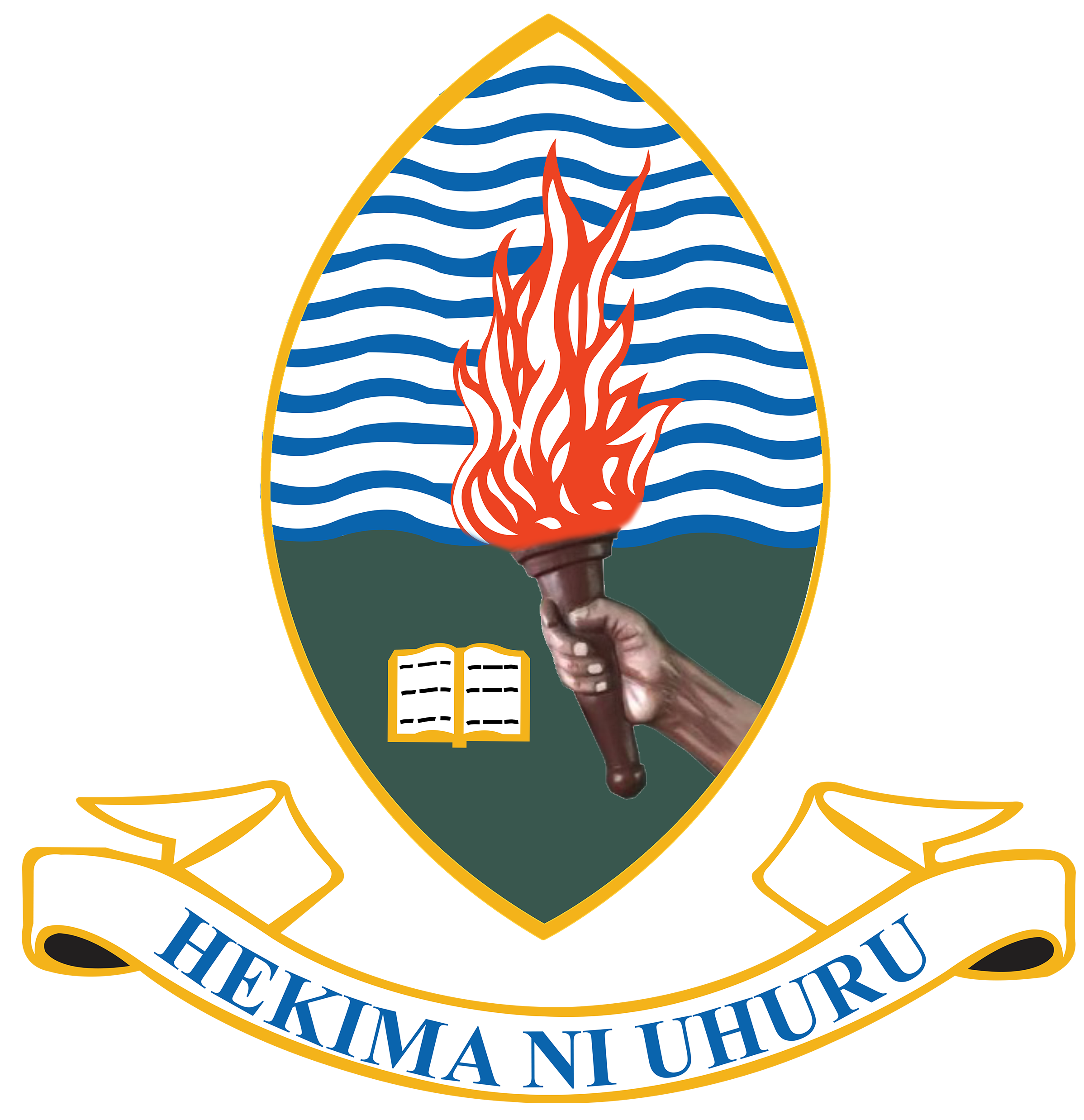
Library
MUCE library is a lively centre of knowledge and learning. It is a valuable resource for students, lecturers, and researchers. The library is located in the middle of the MUCE campus. It is not just a place with books; it is a key part of the College’s goal to support education, research, and intellectual growth.
Library Opening Hours
| Period | Weekly Days | Opening Hours |
|---|---|---|
| Semesters | Monday – Saturday | 08.00 am - 10.30 pm |
| Sundays & Public Holidays | 02.30 pm - 10.30 pm | |
| Vacation | Monday – Friday | 08.00 am - 04.00 pm |
| Saturdays, Sundays & Public Holidays | Closed |
Key Features and Highlights:
- Extensive Collection: The MUCE library boasts an extensive collection of books, journals, research papers, and digital resources across various academic disciplines. Whether you're pursuing studies in education, science, humanities, or any other field, you'll find a wealth of materials to support your academic pursuits.
- State-of-the-Art Facilities: The library provides a conducive environment for studying and research. Modern reading rooms, well-equipped computer labs, and comfortable seating areas ensure that students have access to the resources and spaces they need for both individual and group study.
- Digital Access: In line with the digital age, MUCE library offers access to numerous online databases, e-journals, and e-books. These digital resources empower students and researchers to access up-to-date information from the convenience of their devices.
- Skilled Librarians: The library is staffed by experienced and knowledgeable librarians who are always ready to assist visitors in finding relevant resources, conducting research, and navigating the library's digital offerings.
- Extended Hours: MUCE library understands the importance of flexibility in learning. It offers extended hours during the academic semesters, including weekends, to accommodate students' diverse schedules.
- Semester and Vacation Hours: The library operates on different schedules during semesters and vacation periods, ensuring that students and faculty can access its resources when needed.
Services:
- Reference Assistance: Librarians are available to provide reference services, helping users find the information they need for their projects and research.
- Interlibrary Loan: The library participates in interlibrary loan programs, allowing users to access materials from other libraries if needed. This service involves borrowing materials from other libraries or obtaining photocopies of journal articles or book chapters that are not available within our collection. Materials from UDSM Library, DUCE library, and other institutions may be borrowed using this facility.
- Workshops and Training: The library conducts workshops and training sessions on information literacy, research skills, and the use of digital resources.
- Quiet Study Areas: The library offers quiet study areas for those who prefer a serene environment for focused learning.
- Photocopying and Printing: Photocopying and printing facilities are available within the library to support academic and research needs. The Library allows its users, by special arrangement, to go outside with a book needed for photocopying service.
- Special Reserve Materials: This service is extremely valued by the users because it makes core reading materials available to a wider section of the students.
- General Collection Service: This is a direct service where users are free to go to the shelf and select what he/she wants to read.
- Reference Collection Service: Materials in the Reference Collection may be read only within the library.
- New Acquisitions Service: Accession List, listing recently acquired materials is issued periodically to library users.
- Newspaper Service: Both current (Tanzanian daily/weekly newspapers) and retrospective issues are available in the library.
- Internet Service: Users can search electronic databases, journals, etc., via the internet.
Online Public Access Catalog (OPAC)
The Online Public Access Catalog (OPAC) at MUCE Library is a user-friendly and powerful tool designed to enhance the search and retrieval of library resources. It empowers library users to efficiently explore the library's vast collection of books, journals, research materials, and digital resources from anywhere with internet access.
With the OPAC system, users can:
- Search with Precision: Easily search for specific books, authors, keywords, or subjects to locate relevant materials quickly.
- Check Availability: Determine the availability and location of books and other resources within the library, including their current status (e.g., available, checked out).
- Access Digital Resources: Explore the library's digital collection, including e-books, e-journals, and other electronic resources, directly from the OPAC.
- Place Holds and Reservations: Reserve books that are currently checked out by other users, ensuring you can get the materials you need when they become available.
- Renew Materials: Extend the due dates of borrowed materials online, providing added convenience and flexibility.
- View Account Information: Check your library account, including borrowed items, due dates, and any fines or fees.
To open the OPAC system Click Here
Library Repository (DSpace):
The Library Repository System (DSpace) at Mkwawa University College of Education Library is a cutting-edge platform that enhances the accessibility and dissemination of academic and research materials. This system empowers library users to explore a vast repository of scholarly works, research papers, theses, dissertations, and other valuable resources contributed by the academic community. DSpace is a dynamic resource that empowers both contributors and users in the pursuit of knowledge, research excellence, and academic growth. It reflects our commitment to fostering a culture of learning, research, and collaboration within our academic community.
Key features and benefits for users of the DSpace system include:
- Easy Access to Scholarly Content: Users can conveniently access a wide range of academic publications, ensuring they have access to up-to-date and authoritative research.
- Search and Discover: DSpace offers robust search capabilities, enabling users to find specific research papers, theses, or other materials quickly and efficiently.
- Open Access: Many of the materials in the DSpace repository are available in open access, promoting the sharing of knowledge and fostering academic collaboration.
- Theses and Dissertations: Students and researchers can access a comprehensive collection of theses and dissertations, making it a valuable resource for academic projects and research.
- Citation and Reference: Users can easily cite and reference materials from the DSpace repository in their research, contributing to the academic integrity of their work.
- Contribution to the Repository: Faculty and researchers can contribute their scholarly works to the repository, ensuring their research reaches a broader audience and has a lasting impact.
- Preservation of Knowledge: DSpace serves as a digital archive, preserving valuable academic and research materials for future generations.
To open the DSPACE system Click Here
Open Access Resources
Scholarly Electronic Publishing Weblog:
- Bentham Science: It consists of major journal publisher of 106 online as well as print journals. It also consists of over 200 open access journals, as well as related print and online book series such as Bentham Science, biomedical as well as medical research community.
- BOAI - Budapest Open Access Initiative: The BOAI came up from a small and lively meeting assembled in Budapest by the Open Society Institute (OSI) in 2001. The purpose of BOAI is to accelerate the international effort to make research articles in academic fields available freely on the internet.
- DOAJ - Directory of Open Access Journals: This is a full and free quality scientific as well as scholarly journal, comprising almost all subjects, including education. The goal of the DOAJ is to enlarge the ease of use of open access scientific as well as scholarly journals. It increases visibility and promotes usage as well as impact.
- Journal of Educational Technology & Society: Educational Technology and Society looks for academic articles related to the issues affecting educators and developers of educational systems who implement and manage such systems. The articles focus and discuss the perspectives of both communities and their relation to one another.
- Open J-Gate: Open J-Gate is an e-gateway to global journal literature in the OS domain, established in 2006. It offers access to online journal articles, including a database of journal literature indexed from about 8,872 open access journals, together with full text links at publisher sites.
- Oxford Journals: Oxford Journals publish over 230 academic and research journals covering a broad range of subject areas. It consists of fully open access journals such as Bioscience Horizons, DNA Research, Database, Biology and Evolution, Genome, AoB, NAR, and AoB Plants.
- World Wide Science: This is a global science gateway that speeds up progress and scientific discovery via a mutual partnership to enable united searching of both national and international scientific databases.
- DOAB (Directory of Open Access Books): DOAB is a community-driven discovery service that indexes and provides access to scholarly, peer-reviewed open access books and helps users to find trusted open access book publishers. All DOAB services are free of charge and all data is freely available.
- Google Scholar: Is a freely accessible web search engine that indexes the full text or metadata of scholarly literature across an array of publishing formats and disciplines. Released in beta in November 2004, the Google Scholar index includes peer-reviewed online academic journals and books, conference papers, theses and dissertations, preprints, abstracts, technical reports, and other scholarly literature, including court opinions and patents.
COTUL – INASP DATABASES
To all our Users!
The Library Department is glad to inform you that we have access to e-resources that are under INASP. The following is a list of databases: However, before navigating through various links, we deem it appropriate to let you know that most electronic resources to which the Library subscribes are RESTRICTED to the Mkwawa University College of Education (MUCE). You are required to use MUCE’s IP addresses to access electronic resources.
- Emerald Management 120 e Journal Collection
- JSTOR
- American Chemical Society Journals and Magazines
- Operations Research and Management Sciences (INFORMS)
- Wiley Online Library Full
- Wiley Online Library SSH
- British Institute of Radiology Journals
- OECD iLibrary
- Royal Society of Chemistry – RSC Journals Online
- Royal Society of Chemistry – RSC Journals Archive
- ASABE Technical Information Library
- Liebert Online
- American Astronomical Society
- Geological Society – The Lyell Collection Complete
- Cambridge University Press – Cambridge Journals
- Royal Society – Royal Society Journals Online
- IMF eLibrary
- Taylor & Francis Journals
- Nature Publishing Group eJournals
- OSA Journals
- Sage Journals

